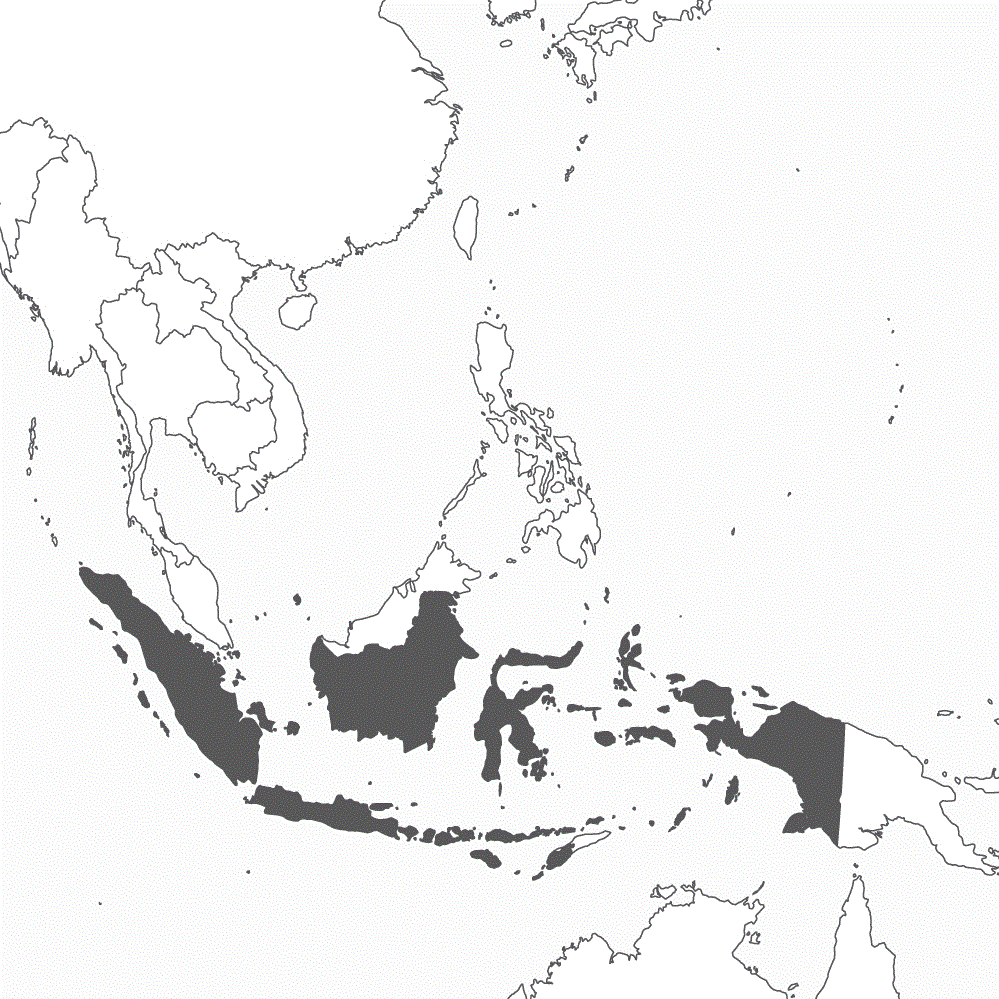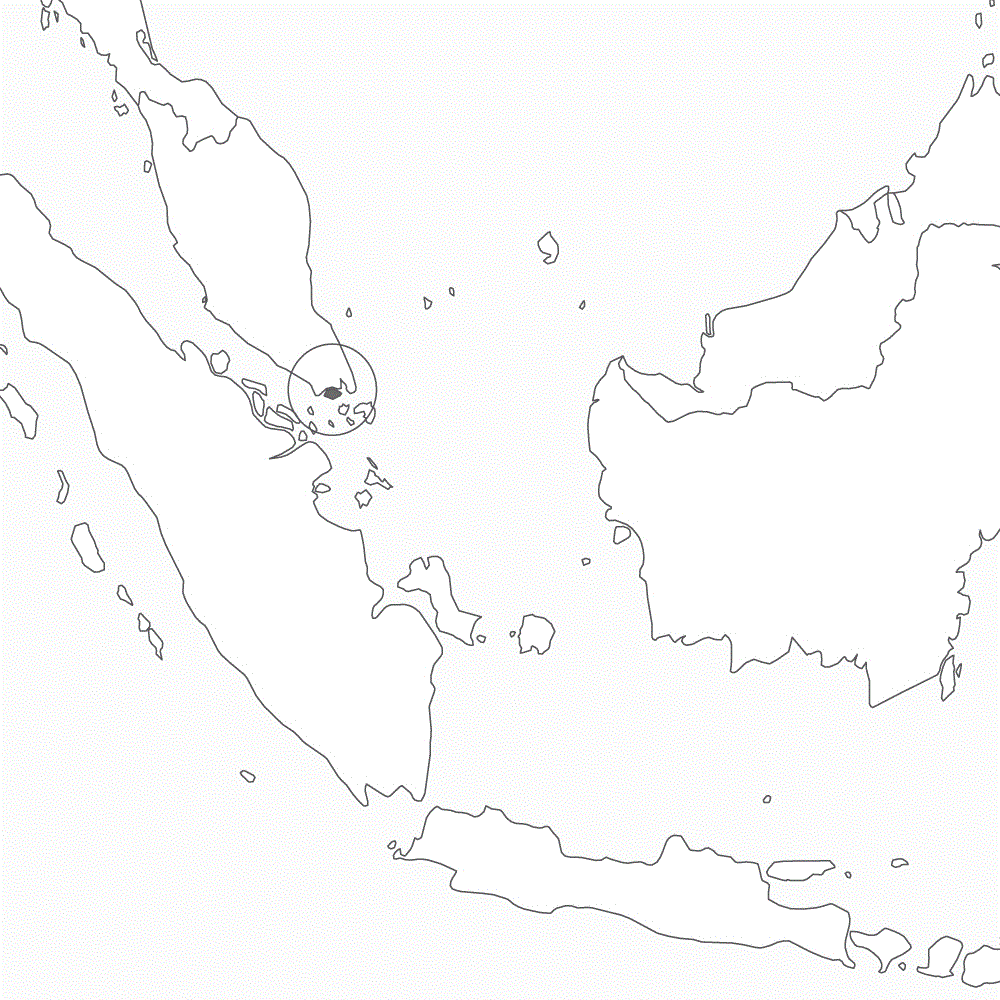Combat Exercises in Southeast Asia (II)
Berlin expands Bundeswehr activities in Southeast Asia and participates in joint exercises with Indonesia. Jakarta is resolutely unwilling to be pitted against China.
JAKARTA/BERLIN (Own report) – The German government is seeking to enhance Germany’s military presence in Southeast Asia and is launching joint exercises with Indonesia. Currently, German military are observing the Super Garuda Shield exercise, being carried out by Indonesia and the United States. It also includes soldiers from Japan, France and Great Britain. On their planned Asia- Pacific tour next year, a German naval frigate and supply vessel will exercise with Indonesian war ships. In that region, the German Bundeswehr, over the last two years, is mainly focused on participating in large-scale maneuvers in Australia, while making minor detours to Japan and South Korea. Germany has made initial attempts to also get a foothold in Southeast Asia through military cooperation with Singapore. The USA and Germany are jointly seeking to pit the Southeast Asian states against China. Indonesia is not willing to take this path. Defense Minister Prabowo Subianto recently announced in Washington that he will soon visit Moscow and Beijing: We want to befriend all countries. Read more
Combat Exercises in Southeast Asia
German Bundeswehr expands combat exercises in the Asia-Pacific region – at a time when the USA conducts record maneuvers in Southeast Asia and China seeks to secure military influence.
SINGAPORE/BERLIN (Own report) – The German Bundeswehr is continuing its combat exercises in the Indian and Pacific Oceans and will deploy more naval and air force units to the Asia-Pacific region next year. This was confirmed by the German Defense Ministry on the occasion of Minister Boris Pistorius’ current visit to Asia that began at the end of last week in Singapore. As the first German defense minister in a long time, Pistorius attended the Shangri-La Dialogue, currently the most important security conference in Asia and held talks with his Singaporean counterpart Ng Eng Hen. Singapore, which spends three percent of its GDP on the military – over US $10 billion a year – is not only the US forces’ most important cooperation partner in the region, but also one of the major non-NATO customers of German arms exports, and is intensifying its cooperation with the Bundeswehr. At the same time, the USA is expanding its combat drills in Southeast Asia to record highs, while China is seeking to prevent Western military influence from becoming too significant. Read more
“Bloc Politics” in Southeast Asia
EU seeks to strengthen its position in Southeast Asia at first summit – at the expense of Russia and particularly China. Singapore increases military cooperation with Berlin.
BRUSSELS/BERLIN/SINGAPORE (Own report) – At yesterday’s first summit with the Southeast Asian alliance ASEAN, the EU tried to strengthen its position in the power struggles with Russia and China. In Brussels yesterday, both sides agreed to increase future economic cooperation. This should facilitate companies from Germany and the EU to shift their supply chains from China to Southeast Asia. Experts, however, see only limited chances of success for this plan. In yesterday’s summit declaration, the EU was unsuccessful in its attempt to seriously damage ASEAN-China relations by mentioning Taiwan. The EU also failed to reach agreement on taking an explicit anti-Russia position. Regarding the war in Ukraine, several ASEAN member states still refuse to openly condemn Moscow. The West is primarily successful in Singapore, which is the only Southeast Asian state participating in the Russia sanctions and in Western maneuvers targeting China – also together with Germany’s Bundeswehr. Singapore is one of the German arms industry’s most important customers. Read more
GERMAN-FOREIGN-POLICY.com
Information on German Foreign Policy: News + Interviews + Analyses + Background

